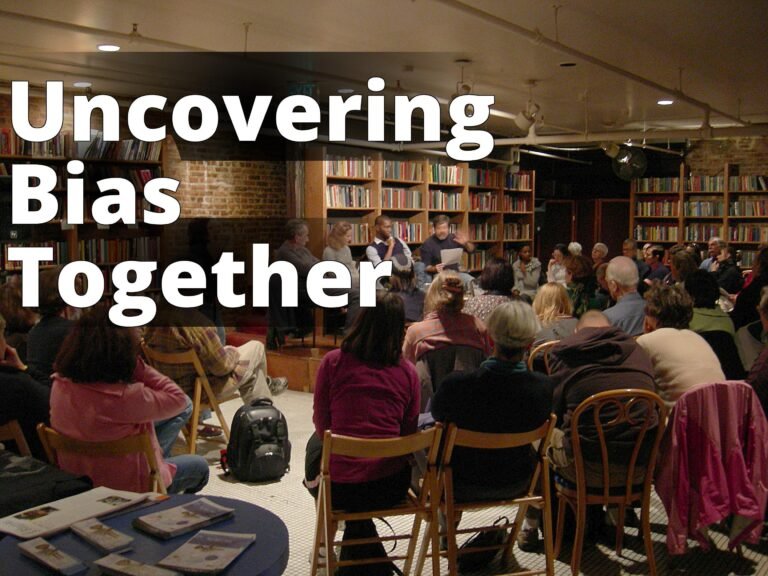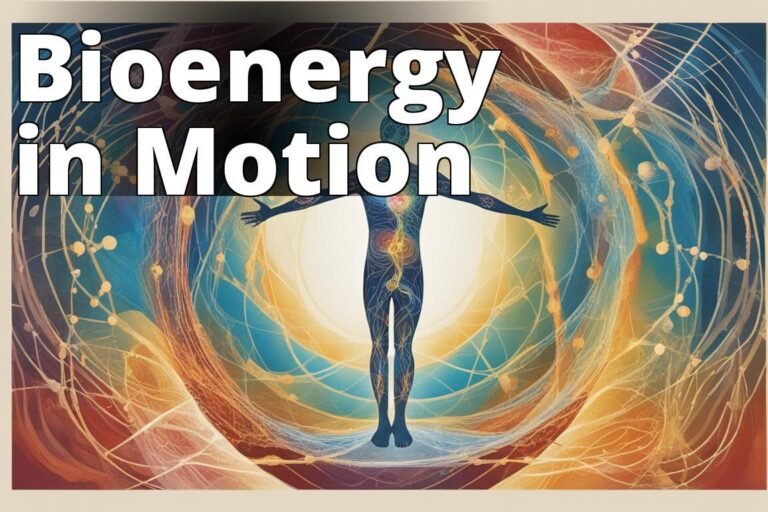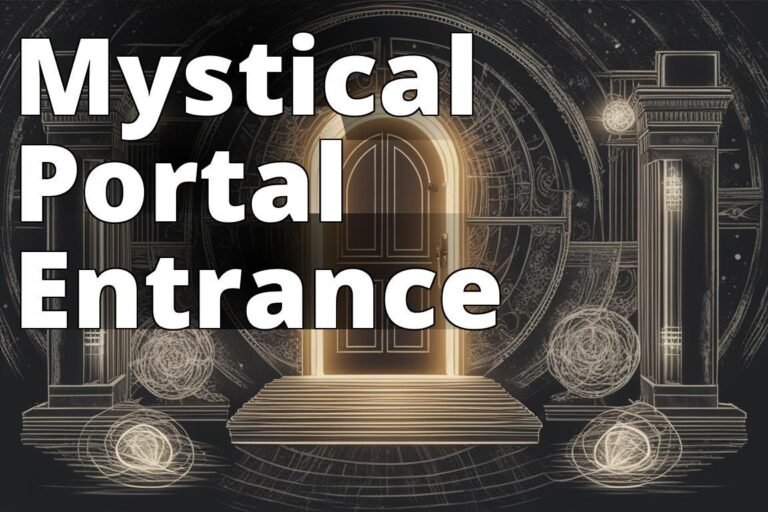Did God Create Man, or Man Create God?
Did God create man, or did man create God? This age-old question reverberates through the corridors of human history, challenging the foundations of faith and the constructs of belief systems. As we delve into the anthropological view of God, it becomes evident that our understanding of divinity has been as much a product of human evolution as anything crafted by divine intervention. This reflective inquiry isn’t merely philosophical; it’s a profound exploration of humanity’s quest for meaning and the evolution of our spiritual consciousness.

The Evolution of Religion
Religion, as a structure of beliefs and practices, has undergone a profound transformation throughout history. From the animistic beliefs of prehistoric societies to the complex, organized religions of today, it is clear that religion has adapted to the changing needs of society. Early humans, grappling with the mysteries of the natural world, turned to spiritual explanations to make sense of the unknown. These early belief systems were deeply intertwined with daily survival, ascribing divine significance to natural phenomena crucial for survival, like weather patterns and animal migrations.
Consider the case of the ancient Egyptians, who worshipped a pantheon of gods associated with natural elements and human experiences. The Nile River, a life-giving force, was revered as the god Hapi, embodying the Egyptians’ dependence on its fertile banks. As societies grew more complex, so too did their religions, evolving from polytheistic worship to monotheistic beliefs like Christianity and Islam. This shift reflects a societal move towards a unified worldview and centralized power structures.

Insider Tip: According to anthropologist Clifford Geertz, religion is a cultural system that provides a framework for understanding the world. This perspective emphasizes the adaptive nature of religious beliefs and their role in social cohesion.
Read more about the evolution of religion and how it has shaped human history.
The Evolution of God
The concept of God has not remained static over millennia. It has evolved alongside humanity, shaped by cultural, historical, and social contexts. In ancient times, gods were often depicted as superhuman entities with human traits, embodying both virtues and vices. This anthropomorphic view reflects an attempt to relate the divine to human experience, making the gods more accessible and understandable.
In contrast, modern interpretations of God often emphasize the ineffable nature of the divine, transcending human characteristics. This shift can be attributed to philosophical and theological advancements that have pushed the boundaries of how we conceptualize the divine. The Enlightenment era, with its emphasis on reason and empiricism, challenged traditional views of God, leading to new interpretations like Deism and Pantheism.

Insider Tip: Theologian Karen Armstrong suggests that our understanding of God has always been a reflection of our cultural and intellectual environment. As we evolve, so too does our conception of the divine.
Explore the changing concept of God and how it aligns with human progress.
The Evolution of Morality
Morality, often intertwined with religious doctrine, has also evolved over time. In early societies, moral codes were typically dictated by religious beliefs, often enforced by divine punishment or reward. These codes served to maintain social order, promoting behaviors that ensured the community’s survival and cohesion.
As societies became more secular, morality began to be seen as a human construct rather than a divine mandate. Philosophers like Immanuel Kant and John Stuart Mill emphasized rationality and utilitarianism as the basis for ethical behavior, independent of religious influence. This transition reflects a growing recognition of human agency in defining moral values, shifting the locus of ethical authority from the divine to the human.

Insider Tip: Psychologist Steven Pinker argues that the evolution of morality is linked to the expansion of human empathy and the recognition of universal human rights, which have progressed alongside societal advancements.
Discover more about the evolution of morality and its implications for contemporary ethics.
The Evolution of Meaning
The quest for meaning is a fundamental aspect of the human experience, driving our pursuit of knowledge, wisdom, and purpose. Religion has historically provided a framework for understanding life’s ultimate questions, offering narratives that explain our existence and destiny. However, as scientific knowledge has expanded, so too has our understanding of life’s meaning.
In the modern era, existentialist philosophers like Jean-Paul Sartre and Albert Camus have posited that meaning is not inherent but must be created by the individual. This perspective challenges traditional religious narratives, suggesting that meaning is a personal construct rather than a universal truth. This shift reflects a broader cultural move towards individualism and self-determination.

Insider Tip: Philosopher Viktor Frankl, in his work “Man’s Search for Meaning,” emphasizes the importance of finding meaning through personal responsibility and creativity, even in the face of suffering.
Learn more about the evolution of meaning and how it influences our worldview.
The Evolution of You
As you reflect on the evolution of religion, God, morality, and meaning, consider how these concepts have influenced your personal beliefs and identity. In a world where information is abundant and diverse perspectives abound, it is essential to engage critically with these themes, questioning assumptions and exploring new ideas.
Have you ever pondered how your understanding of God has changed over time? What role does religion play in your life, and how has it been shaped by cultural and historical influences? In what ways have your moral values evolved, and how do they align with your personal experiences and aspirations?

Insider Tip: Sociologist Peter Berger suggests that modernity presents both challenges and opportunities for personal belief systems, encouraging individuals to craft their unique path of faith and meaning.
Reflect on your personal evolution and consider how it shapes your life journey.
Conclusion
The evolution of religion, God, morality, and meaning is a testament to humanity’s ever-changing relationship with the spiritual and the existential. As we continue to explore these themes, it is crucial to recognize the dynamic nature of belief systems and their profound impact on our lives. By engaging with these concepts critically and thoughtfully, we can better understand our place in the world and the forces that shape our identity. Let us embrace the complexity of our spiritual evolution, acknowledging the interplay between cultural, historical, and personal factors that define our beliefs.
In this journey of exploration, we are not bound by the confines of traditional narratives but are free to forge new paths, guided by curiosity, empathy, and the quest for meaning. The evolution of you is an ongoing process, inviting you to question, reflect, and redefine your understanding of the divine, the moral, and the meaningful.
Common Questions
What does anthropology say about the concept of God?
Anthropology explores how cultural beliefs shape the understanding of God.
How do different cultures perceive the idea of God?
Different cultures interpret God based on their unique experiences and histories.
Who are key anthropologists studying God and religion?
Notable anthropologists include Clifford Geertz and Victor Turner, among others.
What is the argument for man creating God?
Some argue humans create gods to explain mysteries and uncertainties in life.
How can the anthropological view challenge traditional beliefs?
The anthropological view can suggest that beliefs are culturally constructed rather than universal.
Are anthropological views dismissive of Gods existence?
Not necessarily; they aim to understand beliefs rather than outright reject them.






